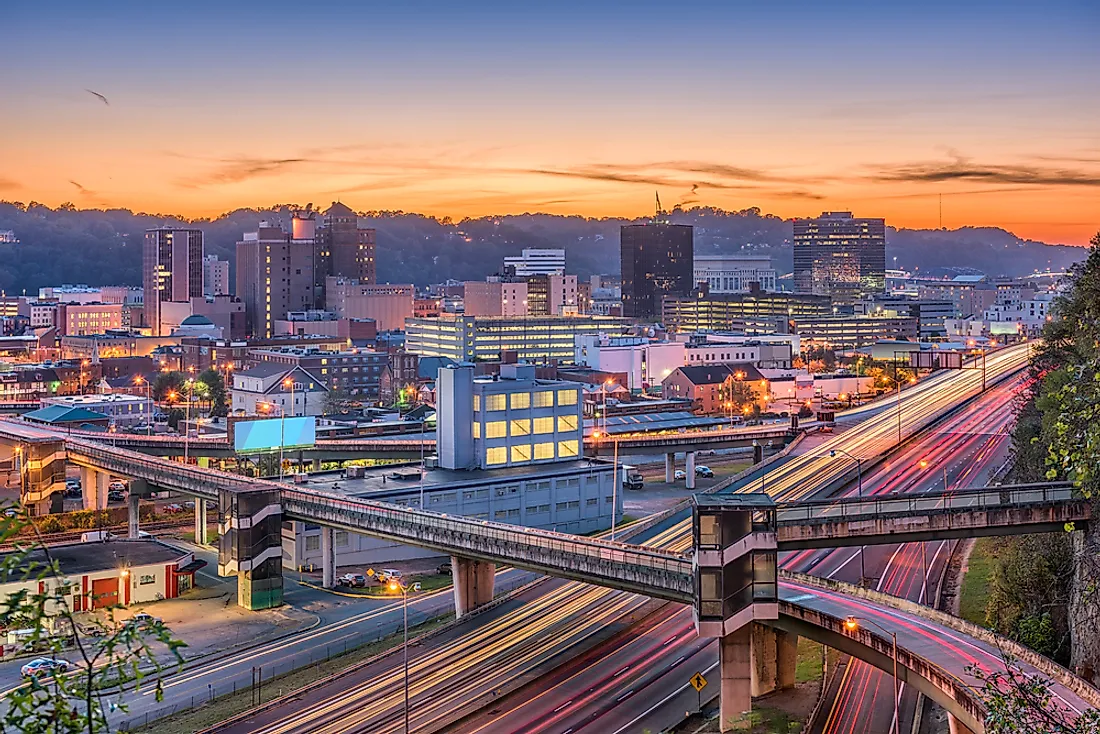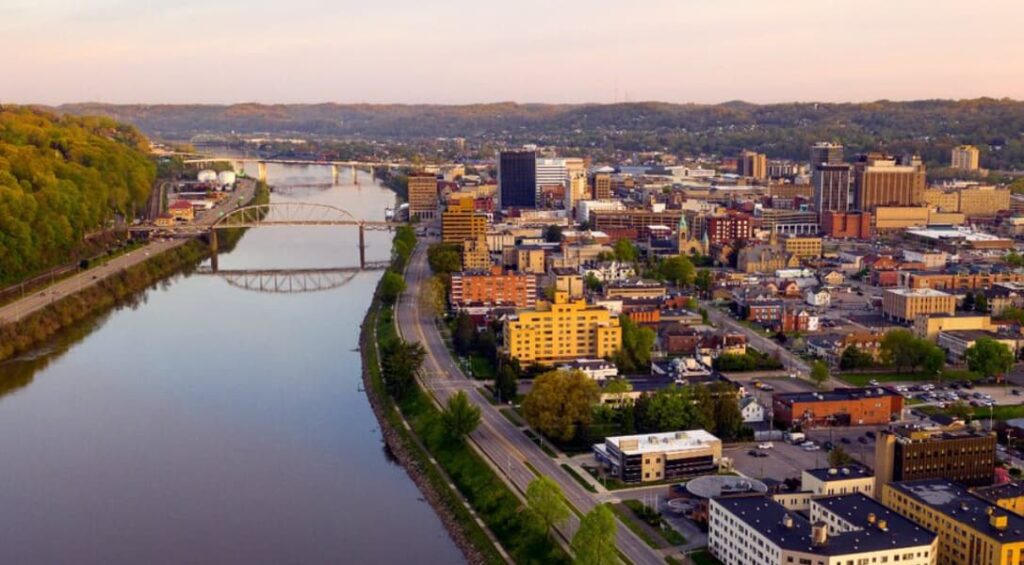
Netflix Premieres King Coal, a Deeply Reflective Documentary on West Virginia’s Culture and Legacy

Netflix has recently premiered King Coal, a long-anticipated documentary that offers a powerful and poetic look into the rich history and enduring culture of West Virginia. Directed by Elaine McMillion Sheldon, a native of the Mountain State and an Academy Award-nominated filmmaker, King Coal steps away from traditional documentary storytelling to present a lyrical meditation on the region’s deep-rooted relationship with the coal industry. Rather than focusing solely on the economic or environmental aspects of mining, Sheldon’s film zeroes in on how coal has influenced generations of identity, ritual, and heritage in Appalachia.
Netflix has just release a long awaited documentary that offers a powerful and poetic look into the rich history and enduring culture of West Virginia. Titled: King Coal
West Virginia, long synonymous with coal, has been defined by the mines that stretch across its mountains and the people who have worked in them. For more than a century, coal has not only powered American cities but also forged a distinct Appalachian culture—one of resilience, pride, and deep familial ties. With King Coal, Sheldon goes beyond the headlines and stereotypes to examine what it means to live in a region where coal is more than a job—it is a legacy and, for many, a birthright.

Unlike Sheldon’s previous documentaries, such as Heroin(e) and Recovery Boys, which focused on West Virginia’s struggles with addiction and recovery, King Coal paints a broader, more intimate portrait of cultural identity. The film doesn’t ignore the economic decline or health consequences associated with coal mining, but it shifts the lens toward the traditions, ceremonies, and oral histories that have sustained Appalachian communities through decades of change. In doing so, it brings a humanistic and spiritual perspective to a subject often reduced to policy debates and environmental statistics.
One of the film’s most compelling aspects is its blending of archival footage with contemporary scenes and personal narratives. Sheldon weaves together stories from miners, their families, and local youth to show how coal continues to shape daily life and personal aspirations. Children perform mining pageants in school, families honor lost loved ones through coal-themed rituals, and elders speak with reverence about a past that is both painful and proud. The film’s structure is non-linear, often dreamlike, with a tone that mirrors the hills and hollers of West Virginia—mystical, enduring, and deeply rooted.
Sheldon also explores the spiritual and mythical dimensions of coal’s presence in Appalachia. Through beautifully shot sequences and ambient soundscapes, King Coal evokes a feeling that coal is not just buried in the ground—it lives in the stories, music, and memories passed down through generations. The documentary frequently strays from conventional exposition, opting instead for poetic narration and imagery that invite reflection rather than analysis. It is a documentary that feels as much like a poem as a film.

Critical reception of King Coal has praised its originality and emotional depth. Reviewers note that while many documentaries about Appalachia focus on poverty, addiction, or politics, Sheldon’s work offers a fresh narrative—one that acknowledges hardship but insists on dignity. Her approach challenges outsiders to see the region not just as a place of suffering but as a place of culture, creativity, and historical richness.
The film also holds special relevance today, as debates continue over energy policy, climate change, and the future of coal-dependent communities. While King Coal doesn’t provide easy answers or clear solutions, it raises important questions: What happens to a people when the industry that shaped them begins to fade? How can communities honor their past while imagining a different future? And can culture endure even when the economic structures that supported it have collapsed?

For viewers unfamiliar with West Virginia beyond its portrayal in the news, King Coal serves as a revelatory introduction to a region too often misunderstood. For locals and those with ties to Appalachia, it may feel like a homecoming—a cinematic love letter to a place and a people defined by both hardship and hope.
Now streaming on Netflix, King Coal is more than a documentary—it’s an elegy, a celebration, and a reflection on what it means to belong to a place marked by coal’s complicated legacy. Through Sheldon’s visionary direction, the film offers a moving and necessary contribution to the American documentary canon, inviting all audiences to reconsider what they know about West Virginia—and perhaps, to see it anew.
Leave a Reply